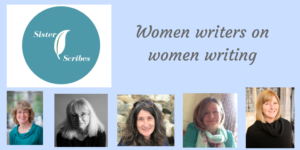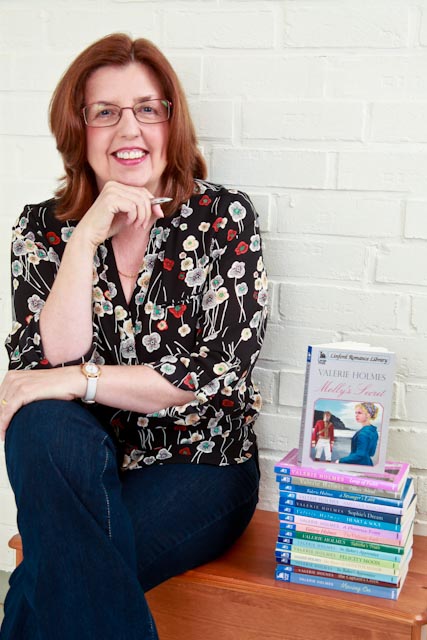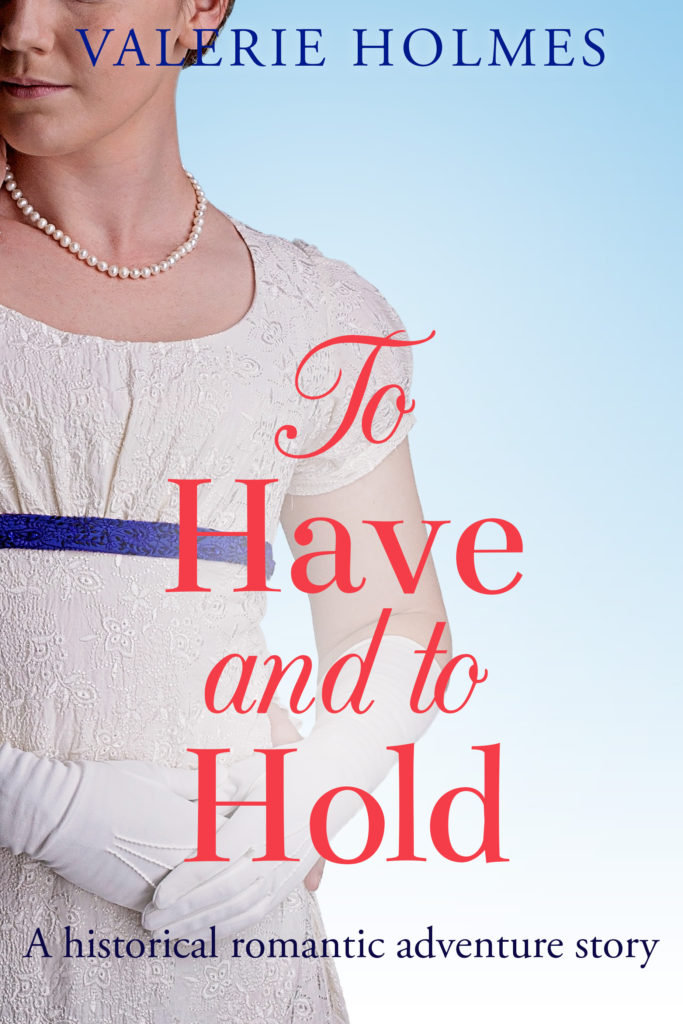Cass:
Having loved Kitty Wilson’s debut novel, The Cornish Village School: Breaking the Rules, I already knew what to expect from the pen of this talented author: relatable characters, a fabulous Cornish setting, lots of emotion and laughs-a-plenty.
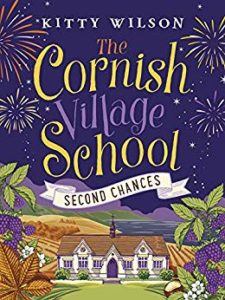 The Cornish Village School: Second Chances is the story of Sylvie, who’s had to give up her dreams in the past and is also doing her best to recover from a recent loss whilst being the best mum she can be to her little son, Sam (adorable!) and Alex, who’s come to Penmenna with his adopted daughter, Ellie (adorable and hilarious!), to help her escape the horrors of her past and to also take a break from the pressures of his job.
The Cornish Village School: Second Chances is the story of Sylvie, who’s had to give up her dreams in the past and is also doing her best to recover from a recent loss whilst being the best mum she can be to her little son, Sam (adorable!) and Alex, who’s come to Penmenna with his adopted daughter, Ellie (adorable and hilarious!), to help her escape the horrors of her past and to also take a break from the pressures of his job.
Surround these two new characters with the regulars from the first book, Rosy and Matt, still cosily besotted with each other; Chase and Angelina (who’s still weird, but perhaps a bit mellower… sometimes); the controlling Marion Marksharp (still loving that name), and you have a fun read, layered with depth, as both Sylvie and Alex reveal their past wounds, at first to themselves and then to each other.
A fabulous second novel from Kitty Wilson, who writes rom-com at its very best.
Jane:
Given most of my novels have a time-slippy element it’s surprising I haven’t read Daphne du Maurier’s The House on the Strand before. In truth I only picked it up because my talks partner, Sue Kittow, has written a book of walks based around du Maurier’s work and we’ve been asked to speak about the author to a local group.
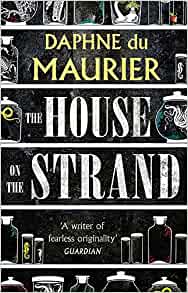 From the first chapter I was hooked. The book dates from the 1960s and the protagonist is Dick Young, a man who can only be described as having a mid life crisis, and is lent a house in Cornwall for the summer by an old university friend – on the condition he helps him with an experiment. This involves taking a drug which transports him to the early fourteenth century, a brutal time by any standards, and even as a helpless bystander he becomes emotionally involved in the lives of lords, ladies and serfs living around Tywardreath then.
From the first chapter I was hooked. The book dates from the 1960s and the protagonist is Dick Young, a man who can only be described as having a mid life crisis, and is lent a house in Cornwall for the summer by an old university friend – on the condition he helps him with an experiment. This involves taking a drug which transports him to the early fourteenth century, a brutal time by any standards, and even as a helpless bystander he becomes emotionally involved in the lives of lords, ladies and serfs living around Tywardreath then.
I enjoyed this well crafted book and alternately racing to finish it and throwing it down and stomping off yelling “oh, you stupid man!” at Dick. Although the writing was so vivid I travelled back to medieval times, the contemporary story of a man struggling to make sense of his life – and in so doing putting his family’s happiness at great risk – gripped me even more. Through the lens of time Dick could be seen as a selfish bastard but this book is actually a heart-wrenching portrayal of what addiction can do to the body and mind. As relevant today as it was in the 1960s.
Set firmly in the past – this time the early nineteenth century – is To Have and To Hold, another great book from Valerie Holmes. Her Yorkshire setting is so beautifully drawn I could see it in my mind’s eye as I read, and I love the way she draws her characters from outside ‘the ton’ – it makes them seem so much more real, somehow.
This is a great adventure/love story that begins with a runaway mill boy and ends… well, that would be telling, wouldn’t it? Poldark fans should love it. Valerie’s new book, In Sickness and in Health, is available for pre-order now.

